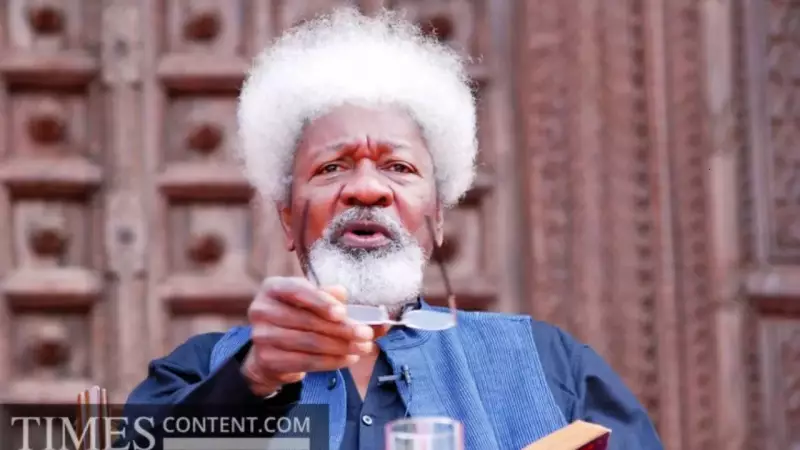
In a startling development that has sent shockwaves through academic and literary circles, Nigerian Nobel laureate Wole Soyinka has publicly disclosed that his United States visa has been abruptly revoked. The acclaimed playwright and political activist revealed this concerning development during a recent interview, leaving many to speculate about the underlying reasons behind this diplomatic decision.
Distinguished Career Meets Unexpected Obstacle
At 90 years old, Wole Soyinka stands as one of Africa's most celebrated literary figures, having made history in 1986 as the first African recipient of the Nobel Prize in Literature. His extensive body of work and unwavering commitment to human rights and political freedom have established him as a global intellectual voice. The visa revocation therefore comes as particularly puzzling given his stature and frequent academic engagements in American institutions.
Possible Political Undercurrents
While official reasons for the visa cancellation remain undisclosed by US authorities, sources close to the matter suggest this action might be connected to Soyinka's recent political commentary. The Nobel laureate has been an outspoken critic of various governments throughout his career, including his own country's administration. Some observers speculate that his views on certain international matters might have triggered this unexpected diplomatic response.
Academic Community Reacts
The news has generated significant concern within global academic circles, where Soyinka is revered not just for his literary contributions but also for his role as a visiting professor and lecturer at numerous American universities. Many scholars and institutions that had scheduled engagements with the distinguished writer now face uncertainty about future collaborations.
Broader Implications for Intellectual Exchange
This incident raises important questions about the freedom of movement for prominent intellectuals and the potential chilling effect such actions might have on international academic discourse. As a figure who has consistently championed free expression and democratic values, Soyinka's visa situation is being watched closely by human rights organizations and academic bodies worldwide.
The development comes at a sensitive time in US-Nigeria relations, with both nations navigating complex diplomatic terrain. How this situation resolves could have implications far beyond one individual's travel privileges, potentially affecting cultural and educational exchanges between the two countries.





